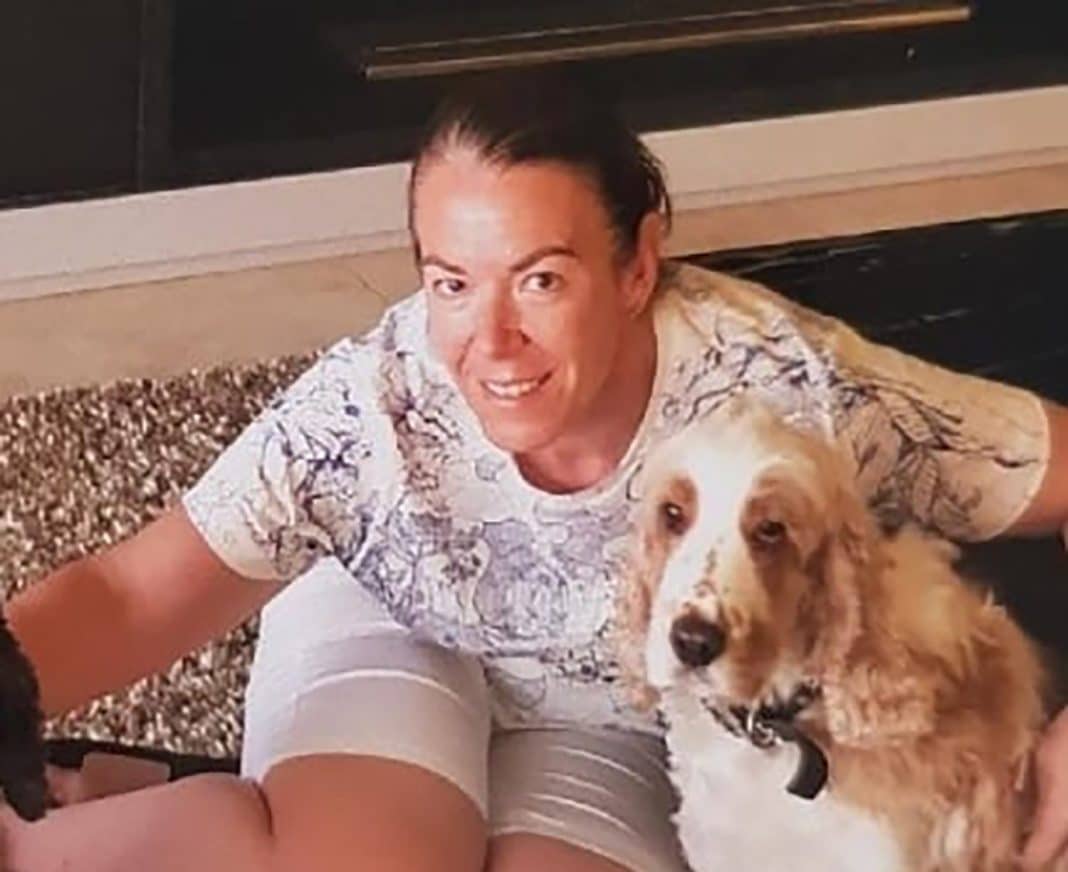Melissa Caddick’s elderly parents were among dozens to hand significant sums to the Ponzi scheme mastermind but they differ from investors, a judge has heard.
In 2017, Ted and Barbara Grimley sold up their family home and moved into Sydney’s east, where their daughter Melissa Caddick also lived.
They understood that handing their daughter $1.03m granted them about a third of an Edgecliff home and, importantly, life tenancy.
But today, they face the prospect of eviction from their forever home as they lock horns with victims of Ms Caddick’s Ponzi scheme.
Lawyer Sera Mirzabegian told the Federal Court today, Thursday 1 July, the Grimleys would have bought a smaller property in their own name in Sydney’s southern suburbs – if not for their daughter’s representations.
The couple aged in their 80s paid about $90,000 to renovate the Edgecliff home and also gave their daughter $260,000 in 2017 for a “living expenses fund” that would provide regular distributions.
Ms Caddick, who is likely deceased after the remains of her foot washed up on a NSW beach in February, is accused of masterminding a Ponzi scheme from 2012 to 2020.
Family and friends were among the 72 so-called investors who parted with more than $30 million, expecting Ms Caddick or her company Maliver would invest it on their behalf.
Instead, it paid for her lavish lifestyle and has resulted in liabilities outstripping assets by between $15 and $23.7 million, the Federal Court has been told this week.
Corporate regulator ASIC wants Maliver’s liquidators to start processing claims and is relying on a report by provisional receivers of Ms Caddick’s assets that the Edgecliff property was purchased using investor funds.
“The situation is much more nuanced and much more complex than that,” Ms Mirzabegian said on Thursday.
When purchasing the Edgecliff property in April 2017, Ms Caddick had other funds available and “a substantial portion came from my clients”, she said.
That date also preceded a substantial number of investors’ first transaction with Ms Caddick.
“We oppose any intent to pool the assets,” Ms Mirzabegian said.
She also expressed concern that every item caught up in an ASIC raid on Ms Caddick’s Dover Heights home would be treated for its financial value.
The Grimleys may wish to claim certain items holding sentimental value, including jewellery gifted to their daughter, she said.
Farid Assaf SC, for ASIC, said there were ways the Grimleys’ concerns could be dealt with.
But it was “plainly wrong” for any party to suggest Ms Caddick held assets on her own behalf while running the Ponzi scheme.
Ms Caddick received $430,000 from the sale of a Kensington home purchased in 2009.
But she bought out her former spouse’s share in the property with money derived from investors, Mr Assaf said.
Mortgage repayments were also made from December 2012.
“From about October 2012, (Ms Caddick) had no other source of income other than investor funds,” Mr Assaf said.
“This fraud needs to be unravelled and in my submission, it’s in the court’s power to appoint the receivers to unravel that fraud.”
In contrast to Maliver, Ms Caddick has substantial assets and few creditors.
But a tiny list of creditors was “completely unsurprising” when you’re running a Ponzi scheme and no legitimate business, Mr Assaf contended.
“All you need is a computer, a printer and some paper,” he said.
The hearing before Justice Brigitte Markovic continues.



